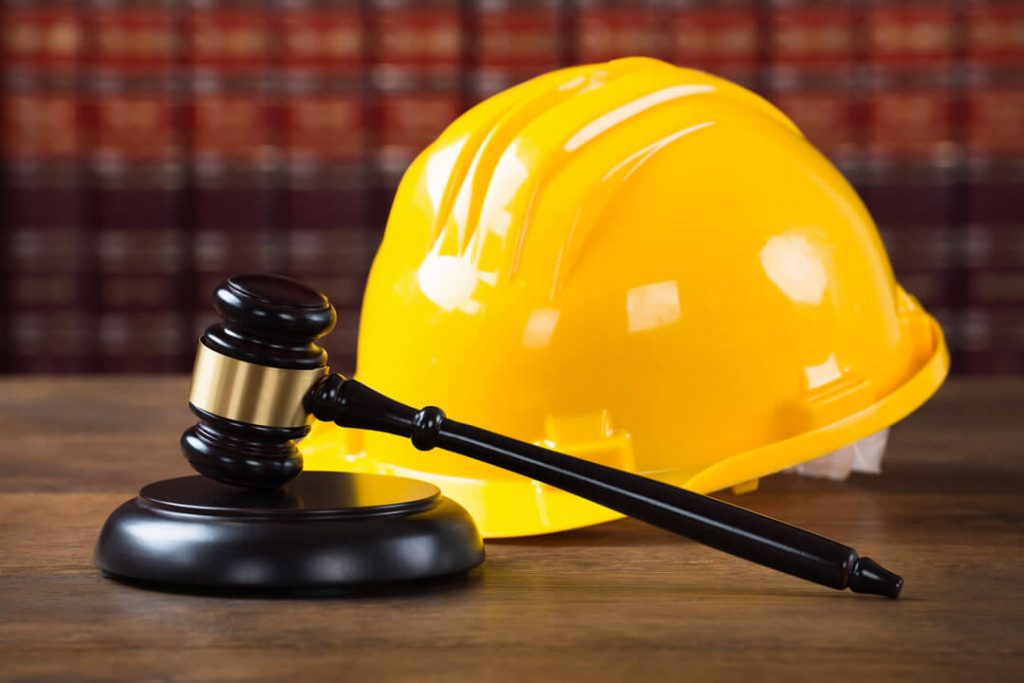Published in MANN REPORT
By
Ira Meister,
President and CEO,
Matthew Adam Properties, Inc.
New York real estate is in constant flux – new buildings go up, older ones expanding or renovated.
For construction to proceed often requires accessing space of adjoining buildings. Most times, the two parties agree with a handshake defining the guidelines and reimbursements to the adjacent building. But an interesting case recently decided in the New York State Appellate Division brings many of the issues to the fore and indicates that often these days the negotiations are getting more contentious.
In the case, Matter of Panasia Estate Inc v 29 W.19th Condominium, Panasia Estate wanted to add two floors comprising 15,000 square feet of office space to its six-story building. However, the condominium at 29 W. 19th Street and some unitowners demanded license fees, payment for expenses and other items that the owners of Panasia considered excessive.
When the parties couldn’t agree, Panasia filed a court a proceeding under Section 881 of the Real Property Actions and Proceedings Act requesting an order allowing access. Judge Eileen A. Rakower of the State Supreme Court granted Panasia the right to enter the property at 29 W.19th Street “to conduct a preconstruction survey and install certain protection,” but with monetary provisions Panasia thought excessive. Panasia Estate, Inc. v. 29 W. 19 Condo., No. 2022-00 Judge Rakower ordered Panasia to post a bond in the amount of $1,000,000 and provide proof that the parties at 29 W. 19th Street are added as additional insureds in the insurance policy and ordered Panasia to pay monthly license fees to two unit-owners with terraces
at 29 W. 19th as well as to MKF Realty Corp., owners of the building on the west side of the Panasia property. The court further ordered Panasia to pay MKF engineering fees of $40,500 and for payment to 29 W. 19 Condominium and the individual unit-owners $10,000 for attorneys’fees and $3,500 in engineering fees.
The appellate court in its decision vacated Judge Rakower’s ruling, reducing the fees and costs for Panasia.
“This case is not the usual circumstances,” for a such a process under the Real Property Actions and Proceedings Law 881, said William D. McCracken, real estate partner at Ganfer Shore Leeds & Zauderer.
“Traditionally, access agreements were concluded more amicably with a handshake and filling out the agreement forms. In recent years, however, it has become more common to see demands for significant access fees that hold projects hostage.”
Here’s some background. The initial negotiations over a license fee for Panasia to enter the adjoining property and for engineering and attorneys’ fees stalled and Panasia commenced this proceeding in Supreme Court. The court ordered Panasia to pay a monthly license fee of $3,000 to the residents of the penthouse at 29 W. 19th St, increasing after 12 months and then 24
months and a monthly license fee of $1,000 to the firstfloor unit-owner also with escalations and a monthly license fee of $1,200 to MKF, with the periodic increases, The court further ordered Panasia to reimburse the 29 W. 19 Condominium and the two unitowners $10, 000 for attorneys’ fees and $3,500 for engineering fees and MKF $15,278.36 for attorneys’ fees and $40,500 for engineering fees.
All parties appealed the Supreme Court decision to the appellate division for various reasons.
The appellate court said that a property owner requiring access to an adjacent property when permission has been refused may commence a special proceeding for a license to proceed which shall be granted by the court “upon such terms as justice requires.” The court also stated the property granting access “should not have to bear any costs resulting to the access.” The license fee also reimburses the property for “substantial interference with the use and enjoyment” of their property and the decreased property value during the licensing period.
The appellate court vacated the Supreme Court’s award saying the court “abused its discretion” and said MKF and the unit-owners at 29 W. 19th condominium should be reimbursed for actual expenses for engineering and attorney costs. The court further limited the licensing fees to 24 months, without any escalations and said the project should start timely and proceed “diligently.”
Attorney McCracken said that these types of agreements can become more formal over time with the increase in façade work under Local Law 11, which requires periodic inspection, and repair work if needed, of the exterior of New York City hi-rise buildings.


